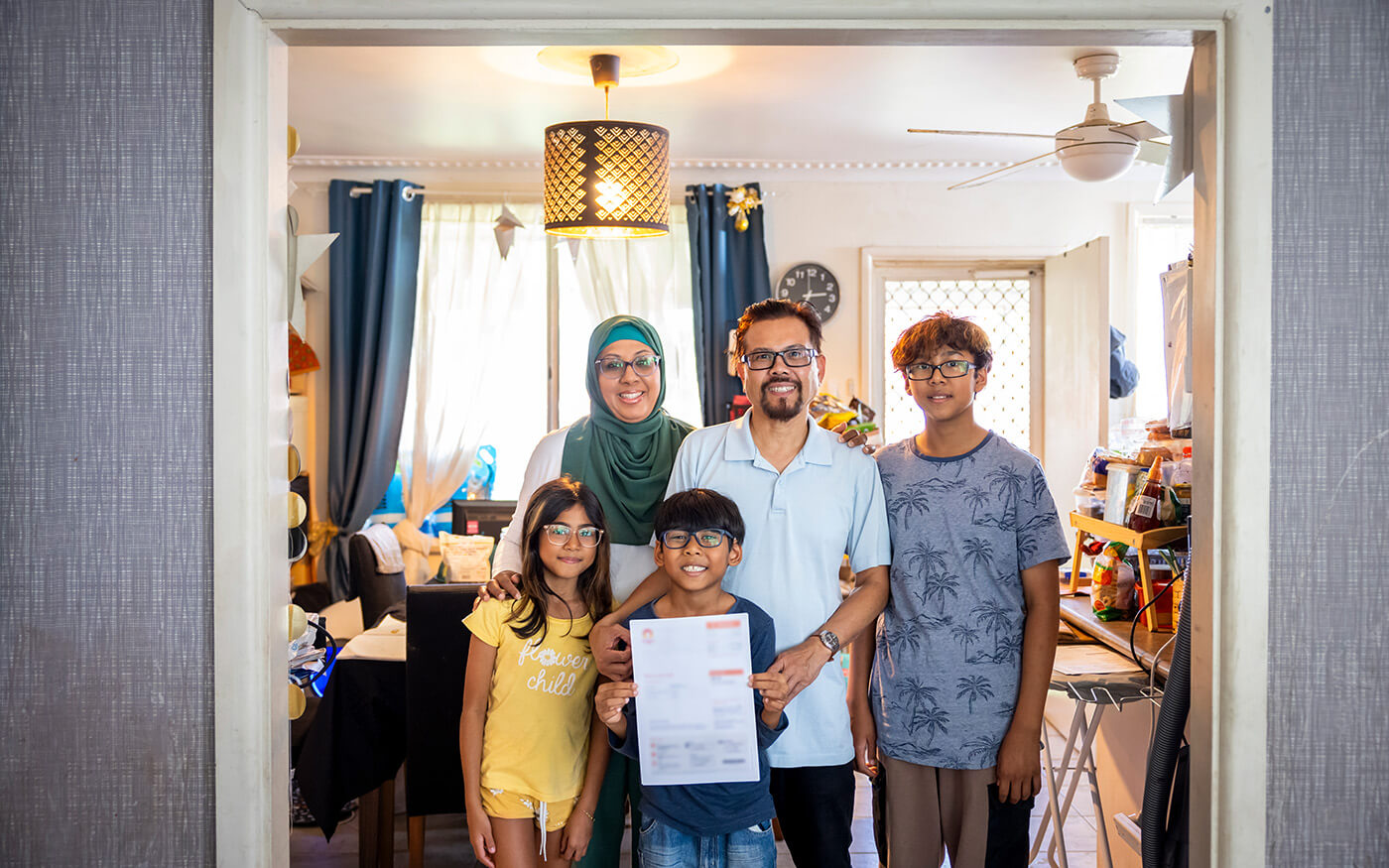With the arrival of winter, the Minns Labor Government is reminding eligible families to apply for the Family Energy Rebate before the deadline of 11pm Sunday 16 June.
The Government understands people in NSW have been doing it tough and is continuing to focus on the delivery of real cost-of-living relief.
Families with dependent children who receive the Family Tax Benefit A or B are eligible to apply for the Family Energy Rebate, which can credit up to $180 towards their electricity bill.
An estimated 400,000 NSW families are eligible to receive the 2023-2024 Family Energy Rebate, by meeting these criteria:
- be a NSW resident;
- be the electricity account holder for your home (the account and bill must be in your name); and
- have received Family Tax Benefit Part A or B (FTB) for the previous financial year.
Families must have completed their tax return for the previous financial year before applying for their rebate for this financial year.
Consumers can check their eligibility and find more information online.
This rebate is one of six offered through the $330 million NSW Energy Social Programs, which helps nearly one million low-income and vulnerable households pay their energy bills each year.
The NSW Government is also encouraging consumers to check if they are receiving the best deal possible from their energy provider. Customers on old or uncompetitive plans can save between $120 and $221 a year by shopping around.
There are two steps households and businesses can take to find a better plan:
- Call your retailer and ask if you’re on the best deal. We know most people set and forget their electricity plan. Consumers should check if they can secure a better offer.
- Visit the Energy Made Easy website which is a free and independent energy price comparison service for households and small businesses. Go to www.energymadeeasy.gov.au
Implementing simple and free energy-saving measures can also significantly reduce household winter energy consumption and translate to real savings on electricity bills.
Measures include:
- Switching off appliances at the wall to use 1 to 5% less energy.
- Washing clothes in cold water.
- Closing curtains to keep the heat in and the cold out.
- Closing doors to rooms you are not using, and seal gaps with door snakes.
- Replacing old appliances such as fridges or televisions with new energy efficient ones.
- Setting heaters at a maximum of 21°. Each degree of difference can equal 10% less energy use.
- In the evening, switch your ceiling fan to low and set it to clockwise to push heated air back down to you.
For a full list of easy ways to save energy to keep your power bills down, visit Easy way to save energy and money.
Quote attributable to Minister for Climate Change and Energy Penny Sharpe:
“The Family Energy Rebate is real money that can benefit people struggling with the cost of living, I encourage all families to check their eligibility for rebates online, and apply before the June 16th deadline.
“This rebate offers a helping hand to low-income families with dependent children, allowing them to spend more on what matters most.”
Case Study: The Latif family from Greystanes NSW claim the Family Energy Rebate yearly.
The Latifs are a family of five who live in Greystanes in the Cumberland LGA, where 23% of eligible families received the Family Energy Rebate.
The rebate eases the pressure on their out-of-pocket expenses, allowing them to allocate those savings to other essentials, like out of school activities for the children and making their home more energy efficient with solar panels and an electric vehicle.
Quote attributable to Rosh Veera:
“I apply on the Family Energy Rebate website, using my computer with my energy bill next to me.
“Receiving the Family Energy Rebate means a lot with the current cost of living and paying the household expenses for three children. There are lots of expenses during the year, rebates are one way of putting funds back into the family.
“The children consistently need new equipment for school, stationery, excursions and out of school activities like aikido and piano.
“We were the first family to have an electric vehicle in our neighbourhood. We made plans to budget, it was stressful, but we made it work and now we see the benefits in savings. We want to build a more energy efficient home.”
